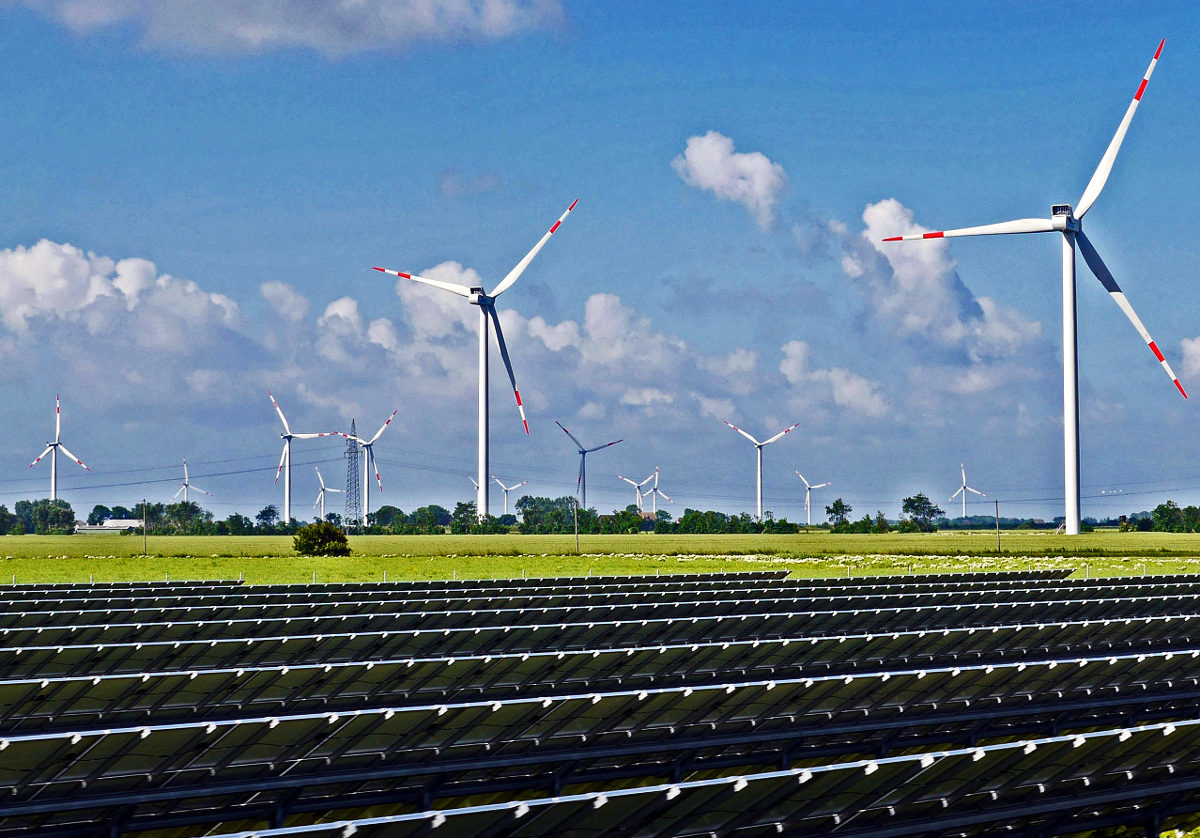India needs to increase financial support for renewable energy to reach its goals of Aatmanirbhar Bharat (self-reliant India) and clean energy transition as part of the economic recovery from Covid-19, according to a new study by the International Institute for Sustainable Development (IISD) and the Council on Energy, Environment and Water (CEEW).
The study, titled ‘Mapping India’s Energy Subsidies 2021: Time for renewed support to clean energy’, finds that subsidies to renewable energy fell by 45% from the fiscal year (FY) 2017 peak of INR 15,470 crore to INR 8,577 crore in FY 2020.
IISD and CEEW experts emphasize new clean energy funding is crucial to progress the transition that is already underway in India. They point to positive trends such as the increasing subsidies for electric vehicles, which jumped 135% from FY 2019, reaching INR 1,141 crore (US$ 153 million) in FY 2020 due to growing public demand for electric mobility. However, they said the full benefits of electric transport can only be achieved with a green electricity mix.
The report explains that renewable energy subsidies are at a standstill due to a combination of factors including grid-scale solar and wind achieving market parity, lower deployment levels, and subsidy schemes nearing the end of their allocation period.
Overall, the study finds that support for fossil fuels has increased, hitting INR 70,578 crore (US$9463 million) in FY 2020. This is over seven times the sum of subsidies to clean energy.
Recommendations
“It is time for a new wave of support measures focused on emerging technologies such as grid integration and storage, decentralized renewable energy, green hydrogen, and offshore wind,” said study co-author Balasubramanian Viswanathan of IISD.
“India must deploy historic levels of about 39 GW every year to meet its admirable target of 450 GW of renewables by 2030. It is hard to imagine achieving this goal without the right support policies.”
Experts highlight that reforming fossil fuel subsidies can generate valuable additional resources for economic recovery from COVID-19 and investments in clean energy.
The report also identifies other government measures that can promote energy transition.
“Redirecting a share of coal tax revenues to clean energy and supporting communities, regions, and livelihoods impacted by the transition will help ensure a just and equitable energy transition,” said co-author Prateek Aggarwal of CEEW.
“Further, the government should encourage public sector undertakings, which are currently investing more in fossil fuels, to set ambitious targets for high levels of investment in clean energy and establish national capacity in manufacturing.”
This content is protected by copyright and may not be reused. If you want to cooperate with us and would like to reuse some of our content, please contact: editors@pv-magazine.com.









By submitting this form you agree to pv magazine using your data for the purposes of publishing your comment.
Your personal data will only be disclosed or otherwise transmitted to third parties for the purposes of spam filtering or if this is necessary for technical maintenance of the website. Any other transfer to third parties will not take place unless this is justified on the basis of applicable data protection regulations or if pv magazine is legally obliged to do so.
You may revoke this consent at any time with effect for the future, in which case your personal data will be deleted immediately. Otherwise, your data will be deleted if pv magazine has processed your request or the purpose of data storage is fulfilled.
Further information on data privacy can be found in our Data Protection Policy.